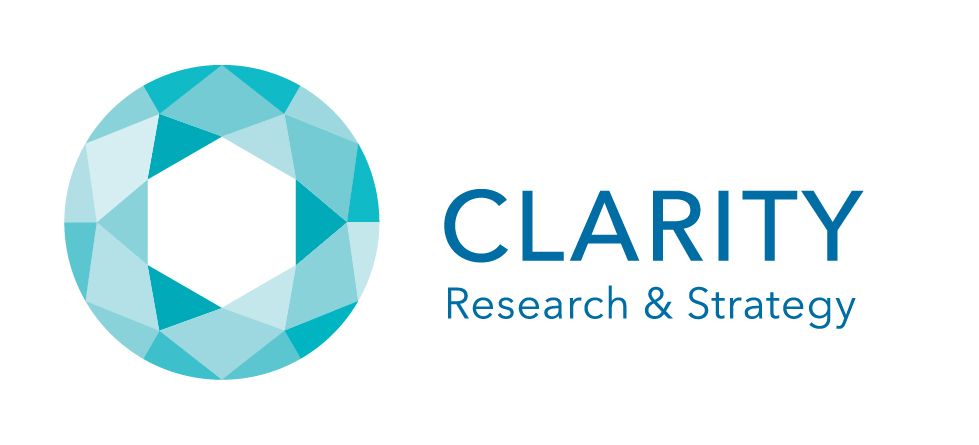Imagine this: You’ve built a brand you’re proud of. You’ve poured time, energy, and resources into your messaging, visuals, and customer experience. But how do you know if it’s working? Are people recognizing your brand? Are they connecting with it? More importantly, is your brand driving growth, or is it just blending into the background? The KPIs that truly matter will help you gain clarity and measure your brand’s success effectively.
Let’s break down the metrics that truly matter and how to use them to shape a stronger, more impactful brand.
1. Measuring Brand Awareness
Before people can connect with your brand, they need to know it exists. Brand awareness is the foundation of branding success, and tracking it gives you insight into how visible and memorable your brand is. Key indicators include:
Branded Search Volume – The number of searches for your brand name over time. If more people are searching for you by name, it indicates that your brand is gaining traction.
Social Mentions & Share of Voice – Tracking how often your brand is mentioned on social media compared to competitors can show whether your messaging is breaking through the noise.
Direct Website Traffic – Visitors who land on your website by typing in your URL indicate strong brand recall, showing that your brand has a lasting impression.
Ad Recall Surveys – Running surveys to gauge whether your advertising efforts are memorable and impactful.
2. Understanding Brand Perception
Branding isn’t just about being seen—it’s about being seen in the right way. How do people feel about your brand? Are they excited by it, or are they indifferent? Tracking brand perception helps you answer these questions.
Net Promoter Score (NPS) – Measures customer loyalty by asking, “How likely are you to recommend our brand to a friend or colleague?”
Customer Reviews & Ratings – A direct pulse on customer satisfaction, trust, and perceived value. Positive reviews indicate strong branding, while negative reviews highlight areas for improvement.
Social Sentiment Analysis – AI-driven tools analyze online discussions about your brand to determine if the sentiment is positive, negative, or neutral.
Brand Association Surveys – Helps determine what words, emotions, or images customers associate with your brand.
3. Tracking Engagement & Loyalty
Recognition is great, but engagement is better. A strong brand fosters connection, and that connection leads to loyalty. The deeper the engagement, the stronger the brand’s impact. Key branding KPIs here include:
Customer Retention Rate – The percentage of customers who continue to do business with you over time. Higher retention indicates strong brand trust.
Repeat Purchase Rate – A clear indicator of customer loyalty and satisfaction with your product or service.
Website Engagement Metrics – Metrics like time spent on site, pages per session, and bounce rate measure how well your brand resonates with visitors.
Email Open & Click Rates – If subscribers consistently open and engage with your emails, it signals strong brand interest.
💡 Pro Tip: If people leave your site too quickly, it may be a sign that your branding isn’t aligning with their expectations.
4. Branding’s Impact on Conversions
A strong brand doesn’t just generate interest—it drives action. The right branding should result in higher conversions, more customers, and increased revenue. These KPIs show whether your brand is influencing purchasing decisions:
Customer Lifetime Value (CLV) – The total value a customer brings over their relationship with your brand. The higher the CLV, the stronger your brand’s impact on customer loyalty and spending habits.
Lead-to-Customer Conversion Rate – Measures how many interested leads become actual paying customers, reflecting the strength of your brand’s persuasion.
Cost Per Acquisition (CPA) – A crucial metric for assessing how efficiently your brand attracts and converts new customers.
Brand Lift in Paid Campaigns – Tracks whether paid ads are improving brand perception and engagement, rather than just driving short-term traffic.

5. The Role of Content & Social Media in Branding
Your brand’s voice isn’t just what you say—it’s how people respond. Content and social media play a huge role in branding success, and tracking these KPIs will tell you whether your messaging is resonating:
Engagement Rate (Likes, Shares, Comments) – A key indicator of audience connection. More engagement means a stronger emotional tie to your brand.
Content Shares & Backlinks – If people are sharing your content or other websites are linking to it, it signals brand authority and credibility.
Follower Growth vs. Competitors – Gauging long-term social media brand strength by comparing your growth to industry benchmarks.
Video Watch Time & Completion Rate – A particularly important metric for brands using video content. High completion rates indicate compelling storytelling and brand connection.
💡 Common Mistake: Don’t chase numbers for the sake of it. A highly engaged smaller audience is far more powerful than an indifferent mass following.
Final Thoughts: The Story Your Brand Tells
Your brand isn’t just a logo or a tagline—it’s the experience you create, the emotions you evoke, and the trust you build over time. Tracking the KPIs That Truly Matter ensures your brand isn’t just present but making a lasting impact.
By focusing on awareness, perception, engagement, conversions, and content resonance, you can measure your brand’s true value and refine your strategy with confidence.
Take the Next Step Toward a Stronger Brand with KPIs That Truly Matter
Looking for expert insights on strengthening your brand? 📢 Schedule a Call and check out our latest book— “Three Wise Monkeys: How Creating a Culture of Clarity Creates Transformative Success.”





